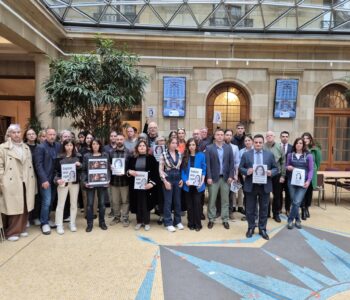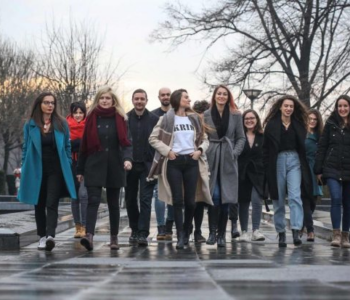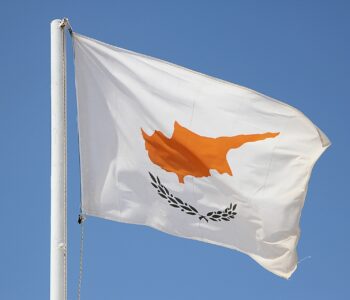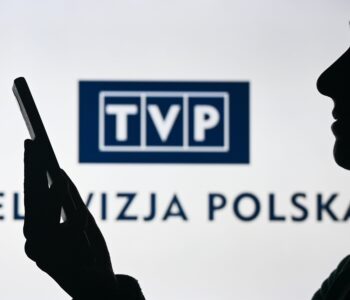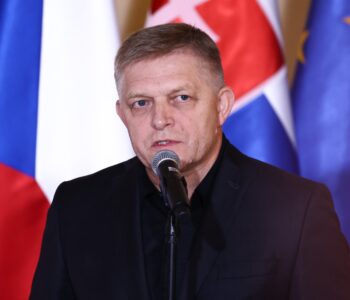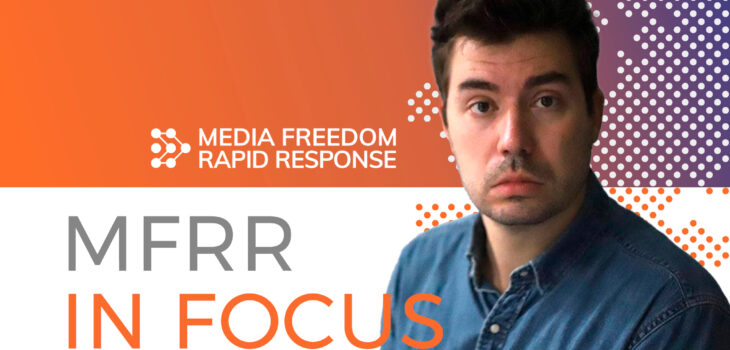
Podcast: Navigating Hungary’s new Sovereignty Protection Act
The situation for Hungary’s embattled independent media is about to become even more challenging.
On 12 December, the Hungarian parliament voted to pass the Protection of Sovereignty Act. It was debated for less than two weeks and passed without any serious public consultation.7 Its stated motivation is the protection of Hungarian sovereignty from malign external threats, and the criminalisation of foreign funding to political parties during election campaigns.
A new body will now be established to map and report on perceived threats to national sovereignty and identify bodies or individuals suspected of serving foreign interests or receiving foreign funds. In a country where government politicians have previously smeared some media as serving foreign interests, media have criticized the vague language of the law, and decried the bill as being part of the government’s decade-long attempt to dial up the pressure on critical voices.
Ahead of elections in 2024, and amidst ongoing negotiations with the European Commission over the release of frozen EU funds, the new law looks set to be another divisive issue pitting Budapest against Brussels – and create further uncertainty for media and NGOs.
In this episode of the MFRR In Focus, we spoke to renowned Hungarian journalist Szabolcs Panyi about the details of the law, what its real motivations are, and what impact it will have on the already destabilised independent media community.
Guests: Szabolcs Panyi, investigative editor at VSQUARE and investigative journalist at Direkt36
Producer and Host: Jamie Wiseman, Europe Advocacy Officer at International Press Institute (IPI)
Editor: Javier Luque, Head of Digital Communications at IPI
Listen to more episodes of the MFRR in Focus Podcast here.
This podcast series is part of the MFRR in Focus project sponsored by Media Freedom Rapid Response, which tracks, monitors and responds to violations of press and media freedom in EU Member States and candidate countries.




